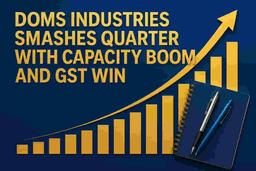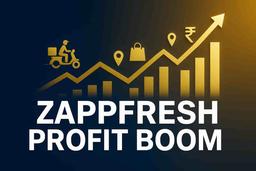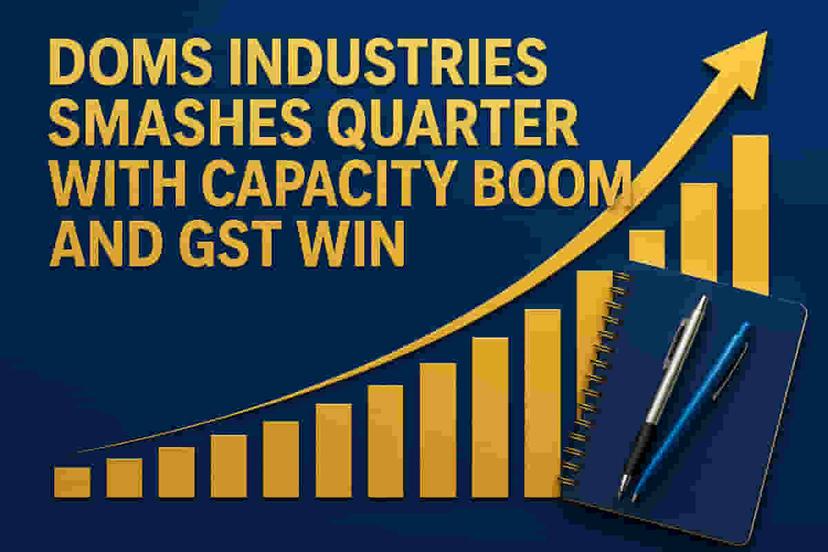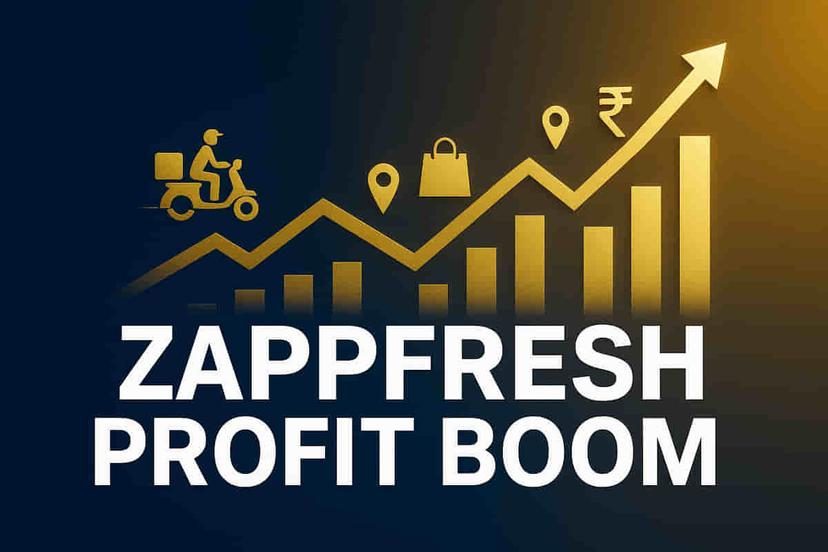Climate Finance SHOCKER: Experts Demand $1.3 Trillion Annually for Developing Nations! Is India Ready?
Environment
|
Updated on 13 Nov 2025, 10:37 am
Reviewed By
Akshat Lakshkar | Whalesbook News Team
Short Description:
Detailed Coverage:
The Independent High-Level Expert Group on Climate Finance (IHLEG) has released a critical roadmap at the COP30 summit, stating the current global climate finance system is insufficient. They propose mobilizing $1.3 trillion per year by 2035 for developing countries (excluding China), far exceeding the present $190 billion annual flow. This ambitious plan outlines total annual investment needs of $3.2 trillion for developing nations, covering $2.05 trillion for clean energy, $400 billion for adaptation, $350 billion for loss and damage, $350 billion for natural capital, and $50 billion dedicated to ensuring a 'just transition'. The report calls for transforming the financial system through three pillars: investing and transforming, building domestic foundations, and scaling up external finance. It emphasizes that domestic investment should constitute about 60% of climate spending, urging governments to reform fiscal policies and debt management. Multilateral development banks are asked to triple lending, while private capital needs to increase fifteenfold, facilitated by de-risking tools. New funding sources like Special Drawing Rights recycling and solidarity levies are also identified.
Impact This news has a significant potential impact on the Indian stock market and Indian businesses. It signals a major shift in global investment priorities towards climate action and sustainable development. For India, a large developing nation, this could translate into substantial opportunities in renewable energy, green infrastructure, climate adaptation technologies, and sustainable manufacturing. Companies poised to benefit from increased climate finance flows, policy support for green initiatives, and investments in adaptation and resilience could see enhanced growth prospects. The emphasis on just transitions also highlights the need for careful planning in sectors undergoing decarbonization. Rating: 8/10
Difficult terms: Climate finance: Funding provided to developing countries and vulnerable communities to help them cope with the impacts of climate change and transition to low-carbon economies. Developing countries: Nations with lower levels of industrialization, income, and human development compared to developed countries. Global South: A term often used to refer to developing countries, generally located in Africa, Asia, and Latin America. Just transition: Ensuring that the shift to a low-carbon economy is fair and equitable, protecting workers and communities that may be negatively affected by the transition. COP30: The 30th Conference of the Parties to the United Nations Framework Convention on Climate Change, a major international summit for climate negotiations. UNFCCC: United Nations Framework Convention on Climate Change, an international treaty adopted in 1992 to address climate change. IHLEG: Independent High-Level Expert Group on Climate Finance, a body providing expert advice on climate finance. Baku to Belém process: A process linking the COP29 (Baku, Azerbaijan) and COP30 (Belém, Brazil) presidencies to prepare for discussions on climate finance. Mitigation: Actions taken to reduce the level of greenhouse gases in the atmosphere. Adaptation: Adjusting to actual or expected future climate impacts to minimize harm or exploit beneficial opportunities. Loss and damage: The adverse impacts of climate change that cannot be avoided through adaptation. Natural capital: The world's stock of natural assets which produce ecosystem goods and services that benefit humanity. Low-carbon development: Economic development that aims to reduce greenhouse gas emissions. Climate-resilient development: Development that can withstand the impacts of climate change and continue to function. MDBs (Multilateral Development Banks): International financial institutions that provide loans, policy advice, and technical assistance to developing countries (e.g., World Bank, Asian Development Bank). DFIs (Development Finance Institutions): Institutions that provide finance for development projects, often government-backed, in developing countries. Concessional finance: Loans or grants provided on terms more favorable than market rates, typically for developing countries. International Development Association (IDA): Part of the World Bank Group, providing concessional loans and grants to the world's poorest countries. Special Drawing Rights (SDRs): An international reserve asset created by the International Monetary Fund (IMF) to supplement the official reserves of its member countries. Solidarity levies: Taxes imposed on specific global activities (like aviation, shipping, or fossil fuel extraction) to raise funds for global development or climate initiatives. Debt-for-climate swaps: Financial arrangements where a developing country's foreign debt is reduced or canceled in exchange for commitments to invest in climate protection or environmental conservation projects. Carbon markets: Systems that allow for the trading of carbon emission credits, enabling entities to meet emission reduction targets by buying or selling permits to emit greenhouse gases. Aggiornamento globale: A term used in the context of the Brazilian concept of collective effort, meaning 'global updating' or 'modernization'.
Personal Finance Sector

Infosys Buyback Bonanza: Rs 1800 Offer vs. Rs 1542 Price! Expert Nithin Kamath Reveals The Shocking Tax Twist!

NPS Unleashed: 100% Equity Option Coming for Your Retirement Fund! Big Changes Ahead!

Your Aadhaar Number is Exposed! Unlock This Secret Digital Shield to Stop Online Theft NOW!
Consumer Products Sector

Red Fort Blast SHOCKS Delhi Markets! Fear Drives Buyers ONLINE, Businesses Plummet!

Page Industries Stock Plummets After Earnings Miss: Jockey Maker Faces Investor Sell-off!

Doms Industries Explodes: Capacity Boost, GST Win, and Record Growth Ignite Stock Surge!

D2C Meat Sensation Zappfresh Reports Astonishing Profit Surge & Revenue Boom! Investor Alert!

India's Gem & Jewellery Exports Eye $32 Billion Target with ₹25,000 Crore Govt Push!










